EUROBAT Forum puts energy and raw material security in the spotlight
Forum event discusses the state of the battery industry, sustainability and raw materials, and innovation
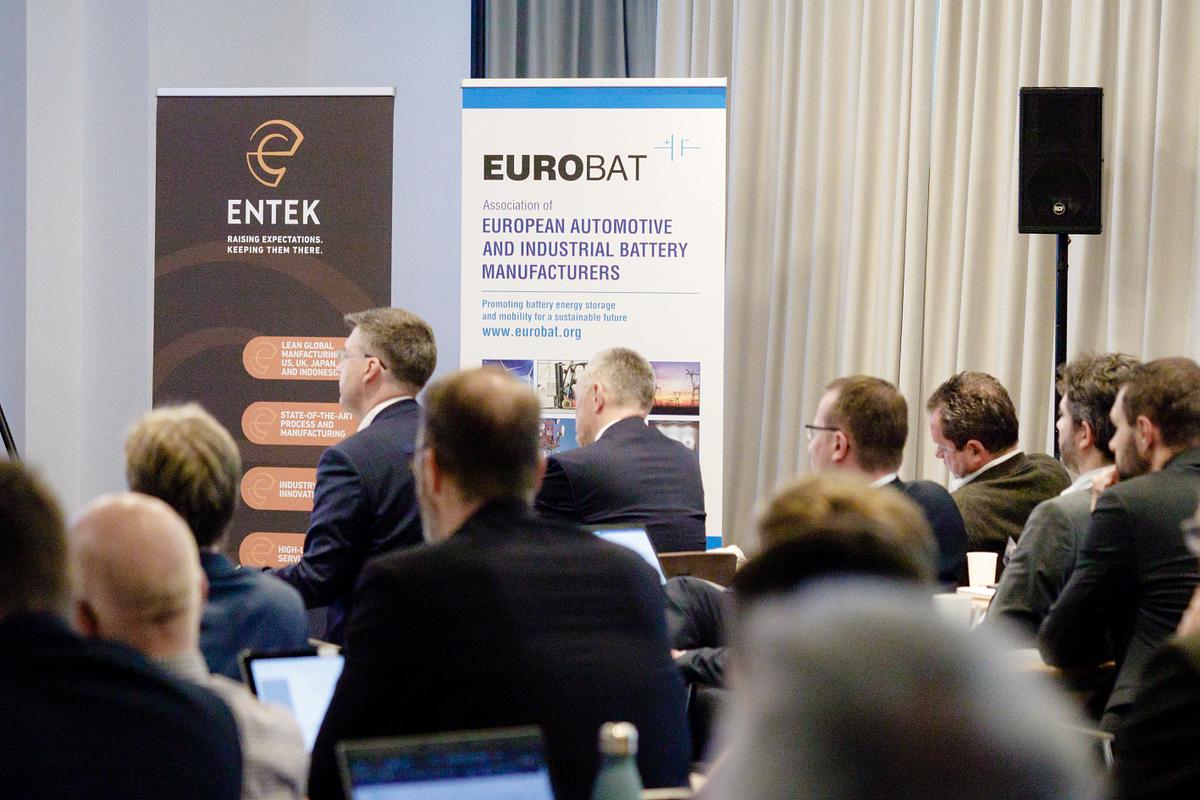
On 24 June, EUROBAT, the association of European automotive and industrial battery manufacturers, held its first in-person Forum event since 2019.
More than 100 stakeholders from across the European battery ecosystem gathered in Brussels to discuss the key developments in the battery market, sustainability and raw materials within the evolving policy framework for batteries, and the innovation landscape for batteries.
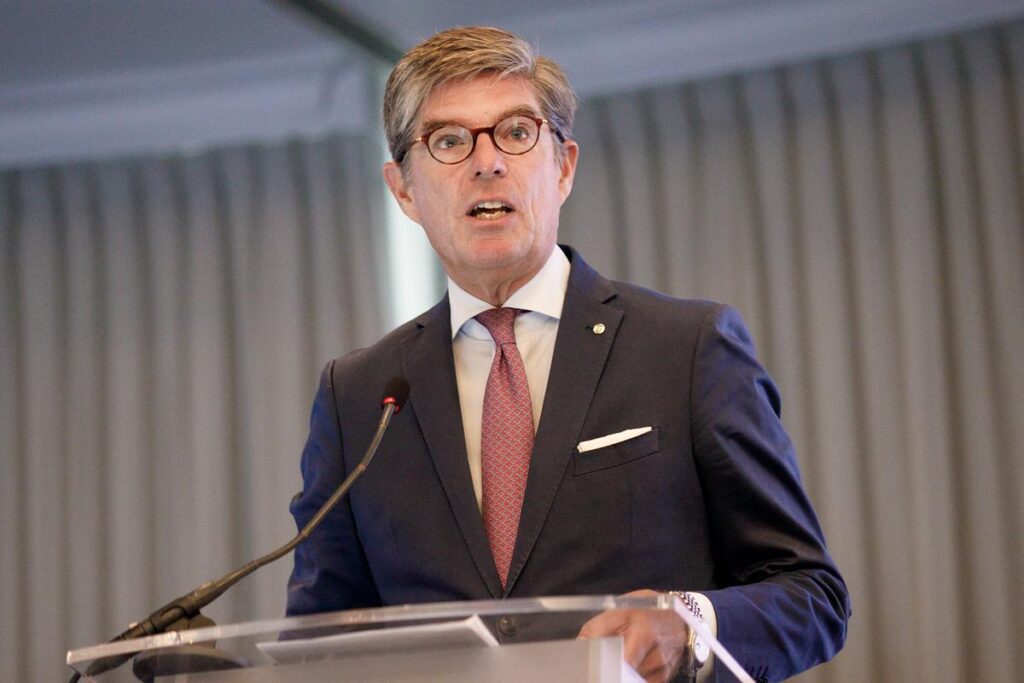
Opening the Forum, EUROBAT President and CEO of Hoppecke Batterien, Marc Zoellner, said: “Batteries have never been more important. It is well known that they are a key enabler of the mobility transformation. And, given the energy situation, they also play a key role as solution for the storage of wind and solar energy. The European Commission presented its REPowerEU package a few months ago. The role of batteries should be strengthened in it. But, given the new geopolitical reality, it would also be good to update the Battery Action Plan, launched by the European Battery Alliance in 2017. We should review the policy- and non-policy measures and e.g. add a policy support framework on mining, battery materials, battery manufacturing and recycling. Such analysis should not be done with just a few corporations and the European Commission, but with all relevant stakeholders and therefore the participation of the associations representing the industries. EUROBAT is happy to contribute.”
The opening session covered the key developments in the battery market, both in terms of applications and chemistries, and on the background of the latest geo-political and economic events.
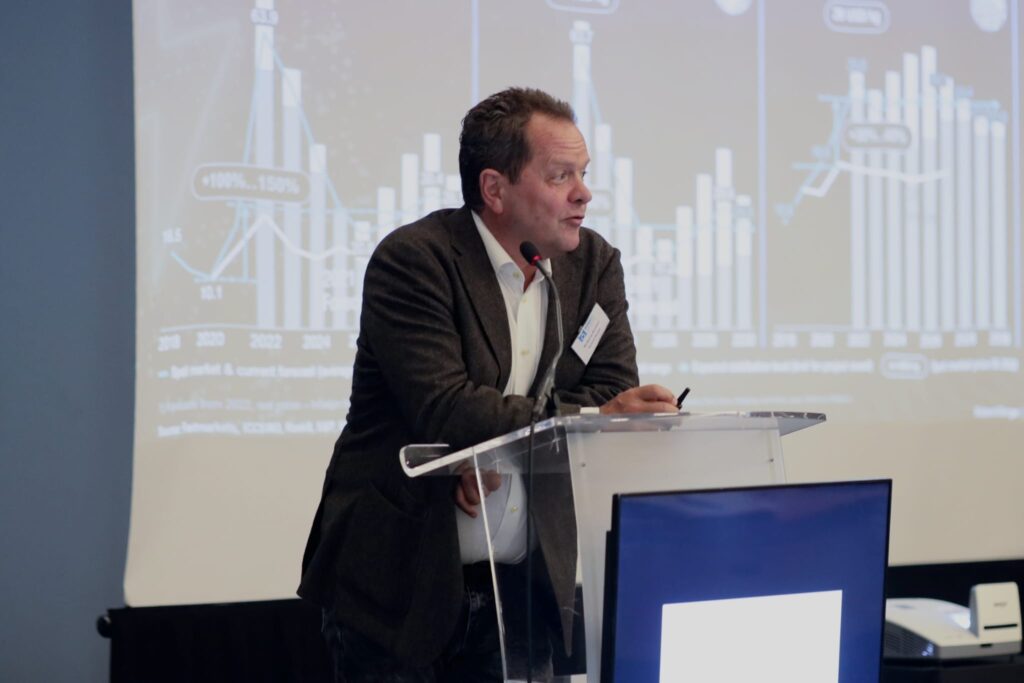
Wolfgang Bernhart, Senior Partner Automotive, Roland Berger, said: “Not securing the supply of raw/refined battery materials could jeopardise the business model around EVs. Major OEMs and cell manufacturers are aiming for an integrated battery value chain to mitigate supply chain risks and occupy critical control points.”
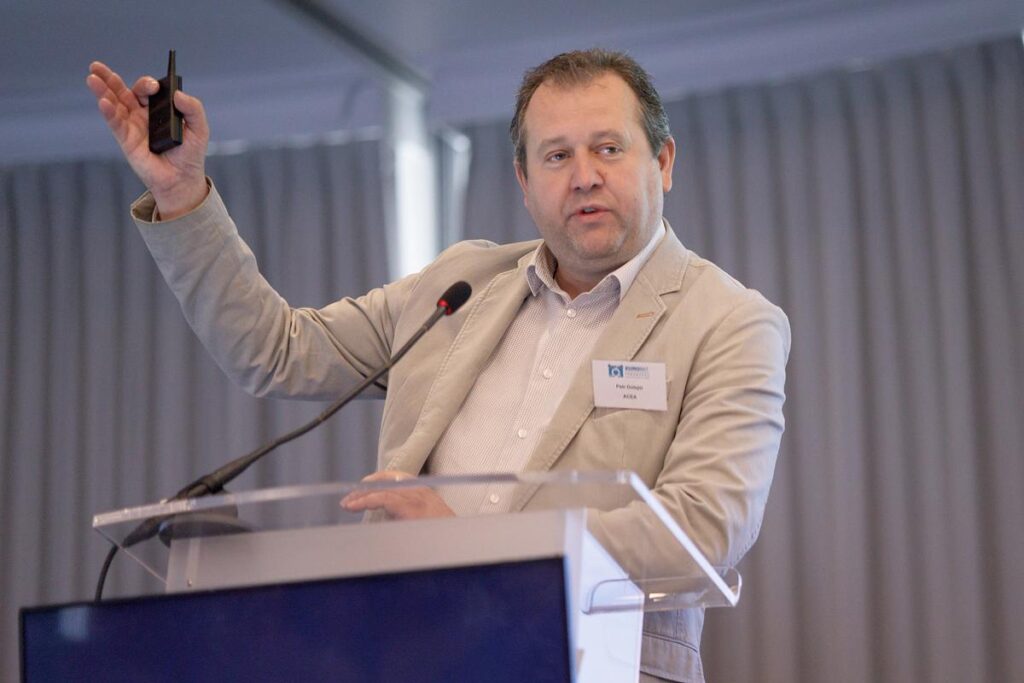
Petr Dolejsi, Mobility & Sustainable Transport Director, ACEA, said: “Decarbonisation will happen only if other elements are in place, such as access to critical raw materials and battery production. An ambitious yet adequate legislative framework is needed to support EU battery production without hindering technical progress.”
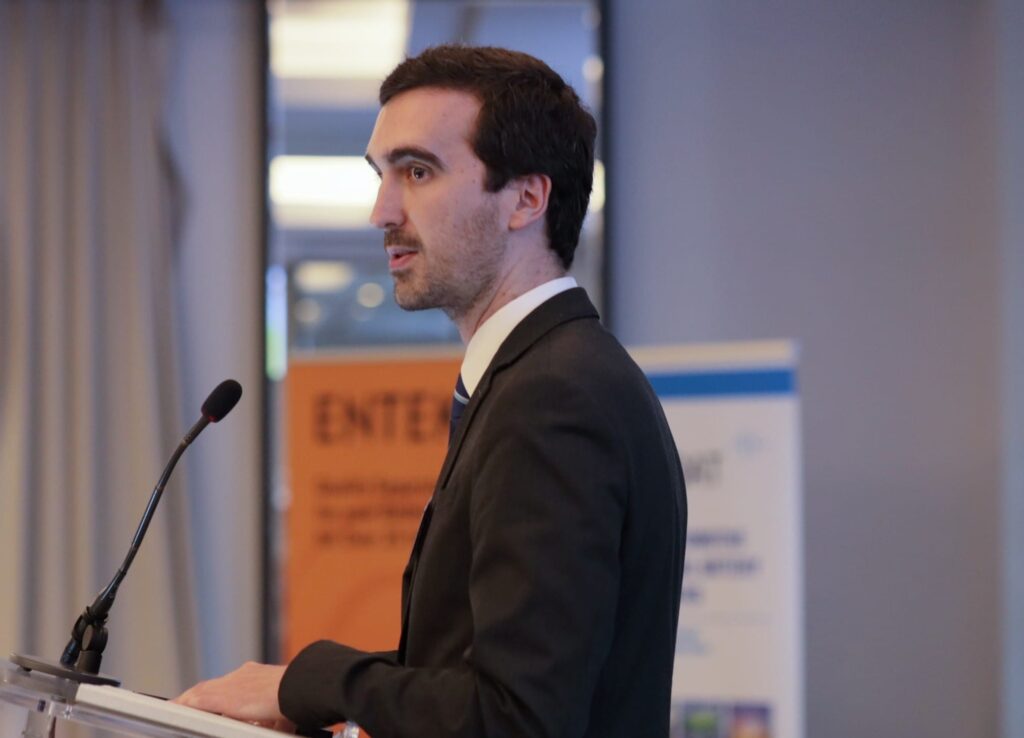
Gonzalo Fernández Costa, European Commission, DG ENER, Unit B4, said: “Energy storage is one of the candidates for facilitating the European Green Deal through decarbonisation, and it is important for integrating renewables and reducing reliance on gas.”
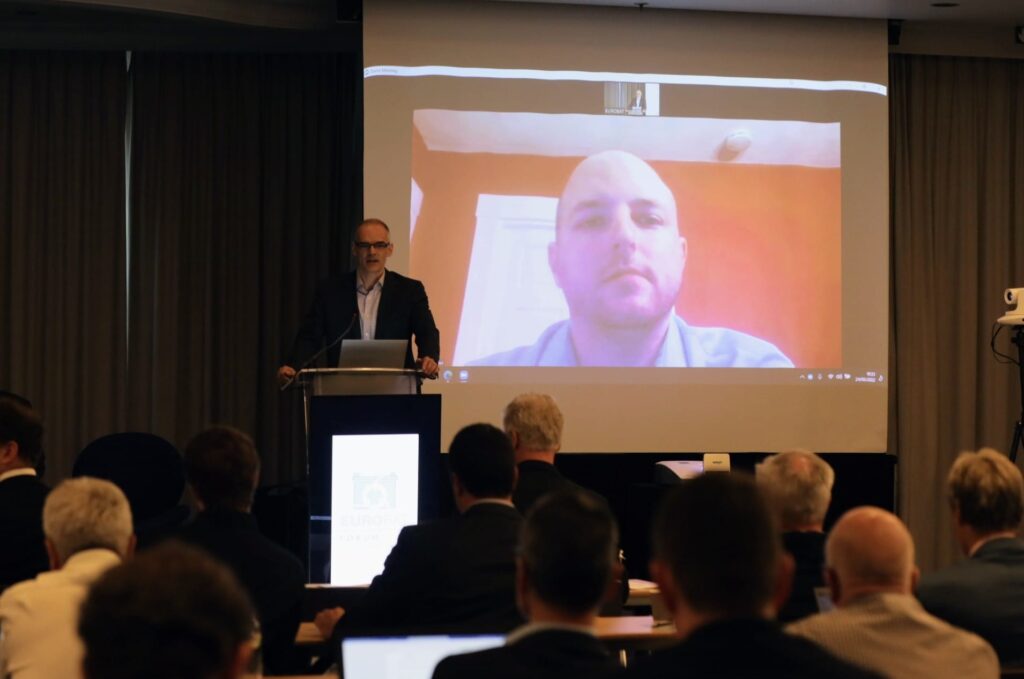 Derek Cutler, Chief Economist, EBP, presenting the EUROBAT-ILA Socio-economic impact report for lead and lead batteries, said: “Lead battery companies innovate through ongoing research and development. Industry-wide, companies report spending nearly 40 million EUR on R&D annually. The downstream industry activity enabled through usage of lead batteries is extensive: €7.3 trillion worth of GDP covering retail, construction and healthcare applications.”
Derek Cutler, Chief Economist, EBP, presenting the EUROBAT-ILA Socio-economic impact report for lead and lead batteries, said: “Lead battery companies innovate through ongoing research and development. Industry-wide, companies report spending nearly 40 million EUR on R&D annually. The downstream industry activity enabled through usage of lead batteries is extensive: €7.3 trillion worth of GDP covering retail, construction and healthcare applications.”
The second session explored the connection between pressure on raw materials availability and stricter chemicals and environmental legislation on tracking the full lifecycle of a battery from inception to recycling.
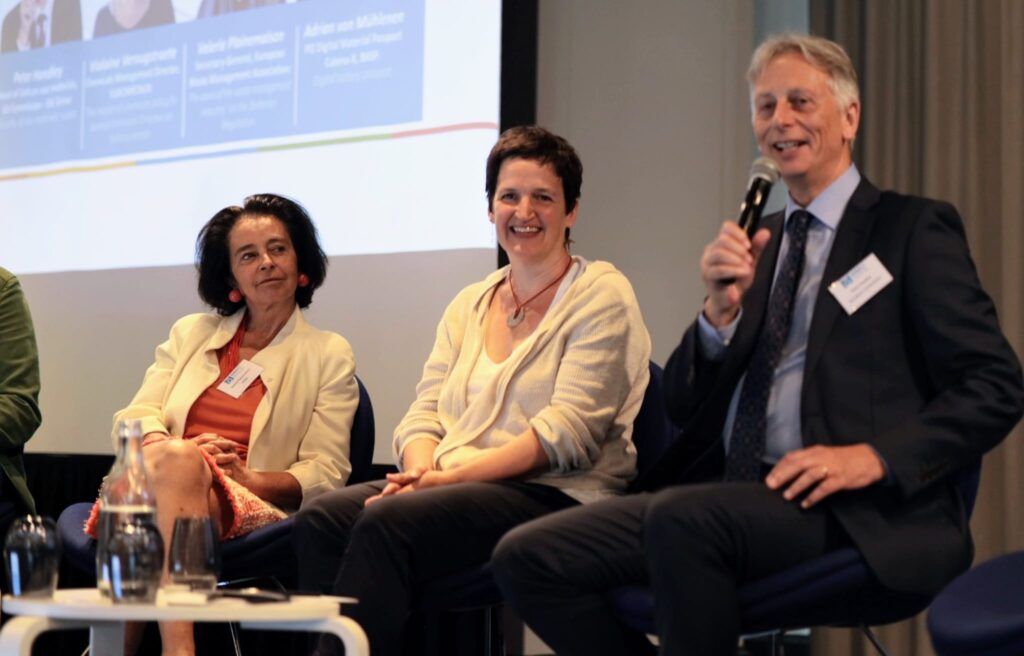 Peter Handley, Head of Unit on raw materials, European Commission - DG Grow, said: “We have to do more to ensure the security and sustainability of supply of critical raw materials.”
Peter Handley, Head of Unit on raw materials, European Commission - DG Grow, said: “We have to do more to ensure the security and sustainability of supply of critical raw materials.”
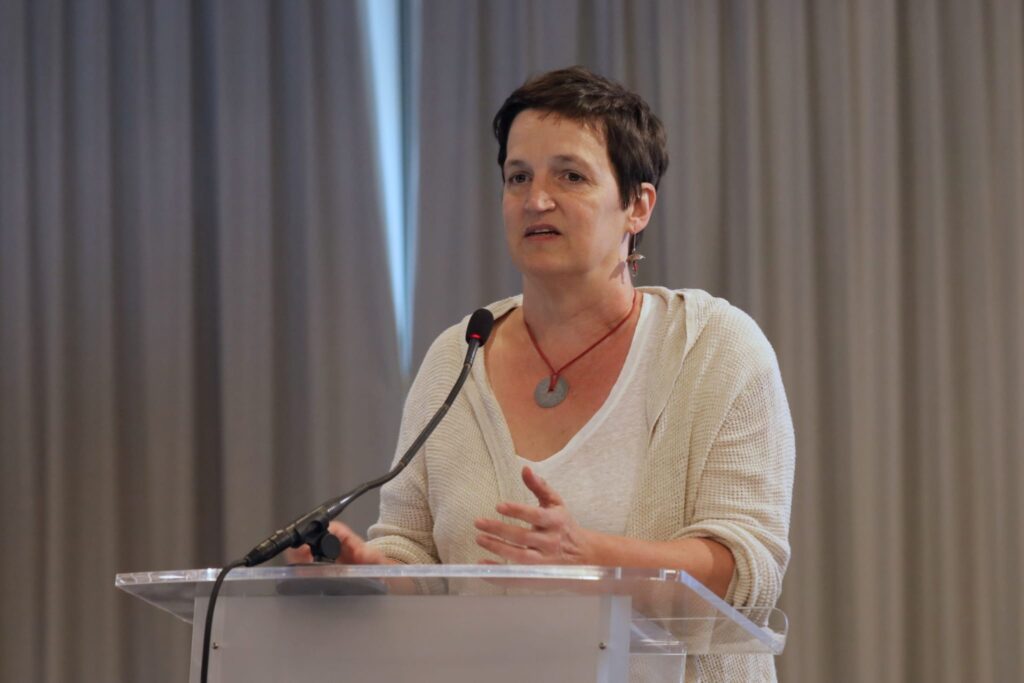
Violaine Verougstraete, Chemicals Management Director, EUROMETAUX, said: “The EU’s chemicals and environmental legislation must be designed coherently and provide long-term certainty and predictability to companies looking to make investment decisions in Europe. The integrated priorities – ‘3 Cs’ – for achieving a Green Deal-ready European metals supply are ‘Chemicals’, ‘Climate’ and ‘Circularity’.”
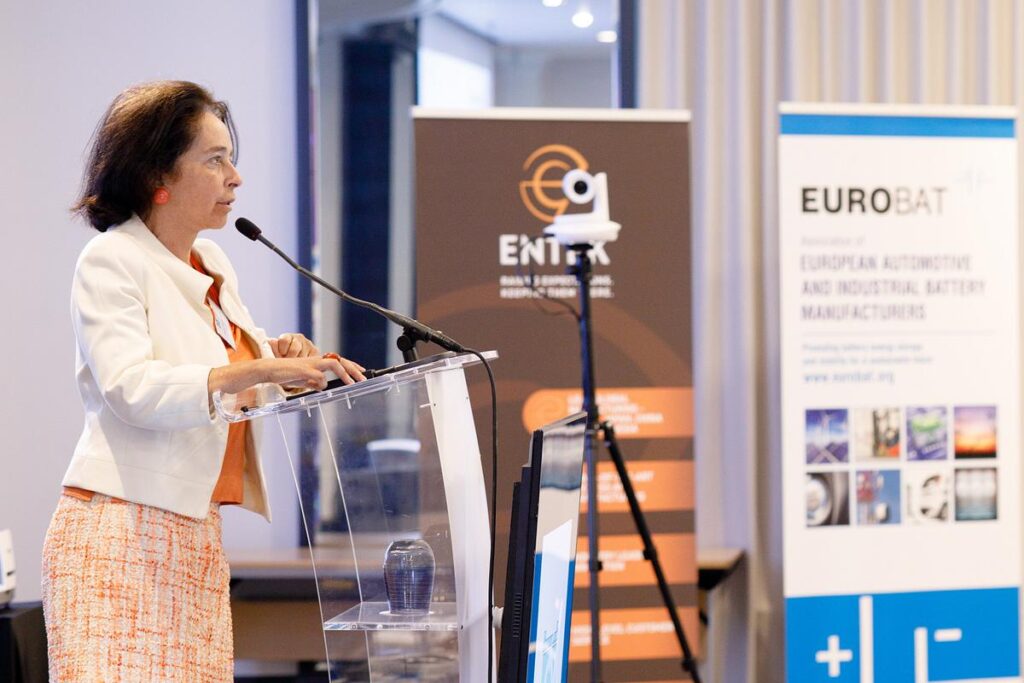
Valerie Plainemaison, Secretary-General, European Waste Management Association (FEAD), said: “Recycling capacity needs to be increased by 25x until 2030 to manage the flow of end-of-life Li-ion batteries.”
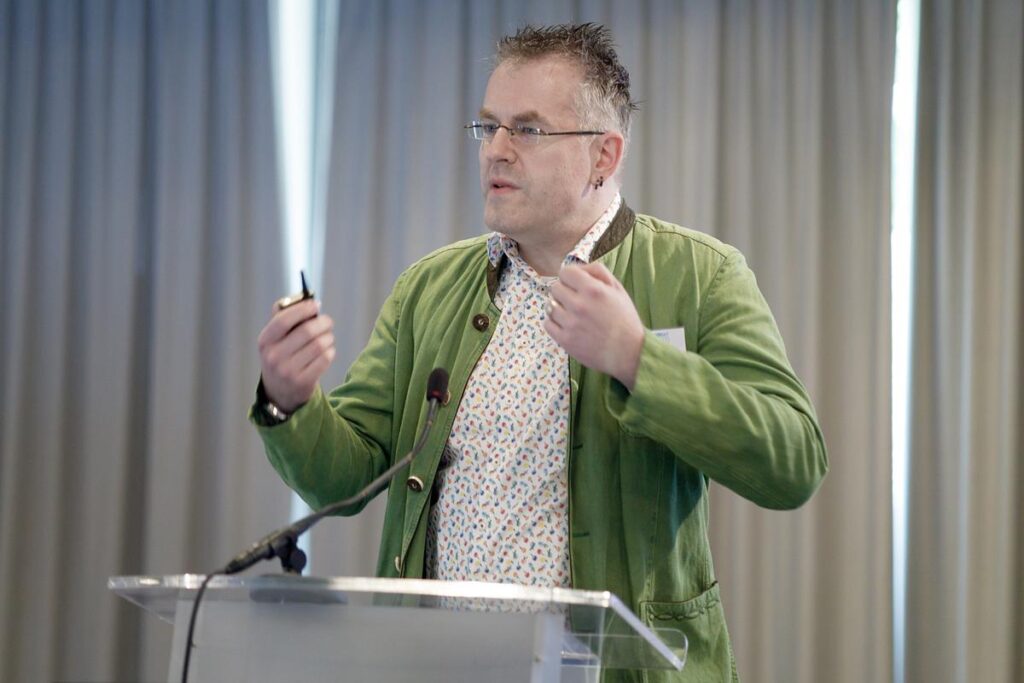
Adrian von Mühlenen, PO Digital Material Passport Catena-X, BASF, said: “It is not the question whether but when the digital product passport (DPP) must be implemented.”
The Forum closed with a session on innovation in the battery landscape, with different views from policy-makers, academia and the battery industry.
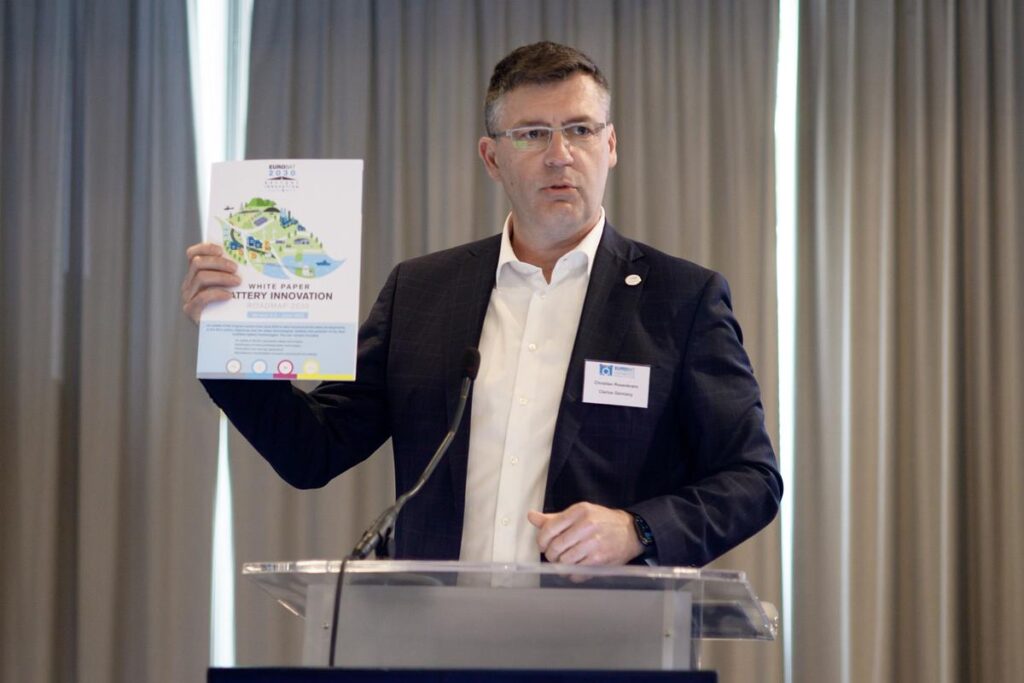 Presenting the EUROBAT 2030 Battery Innovation Roadmap 2.0, Christian Rosenkranz, Vice President Industry & Governmental Affairs, CLARIOS EMEA, said: The EUROBAT Battery Innovation Roadmap 2.0 demonstrates how all the mainstream battery technologies contribute to the objectives of the European Green Deal, Fit-for-55 and the REPowerEU plan. Developing all battery chemistries will maximise the contribution of our industry to meet the zero-pollution targets.”
Presenting the EUROBAT 2030 Battery Innovation Roadmap 2.0, Christian Rosenkranz, Vice President Industry & Governmental Affairs, CLARIOS EMEA, said: The EUROBAT Battery Innovation Roadmap 2.0 demonstrates how all the mainstream battery technologies contribute to the objectives of the European Green Deal, Fit-for-55 and the REPowerEU plan. Developing all battery chemistries will maximise the contribution of our industry to meet the zero-pollution targets.”
Philippe Froissard, Head of the “Future Urban & Mobility Systems” Unit, European Commission, DG RTD, said: 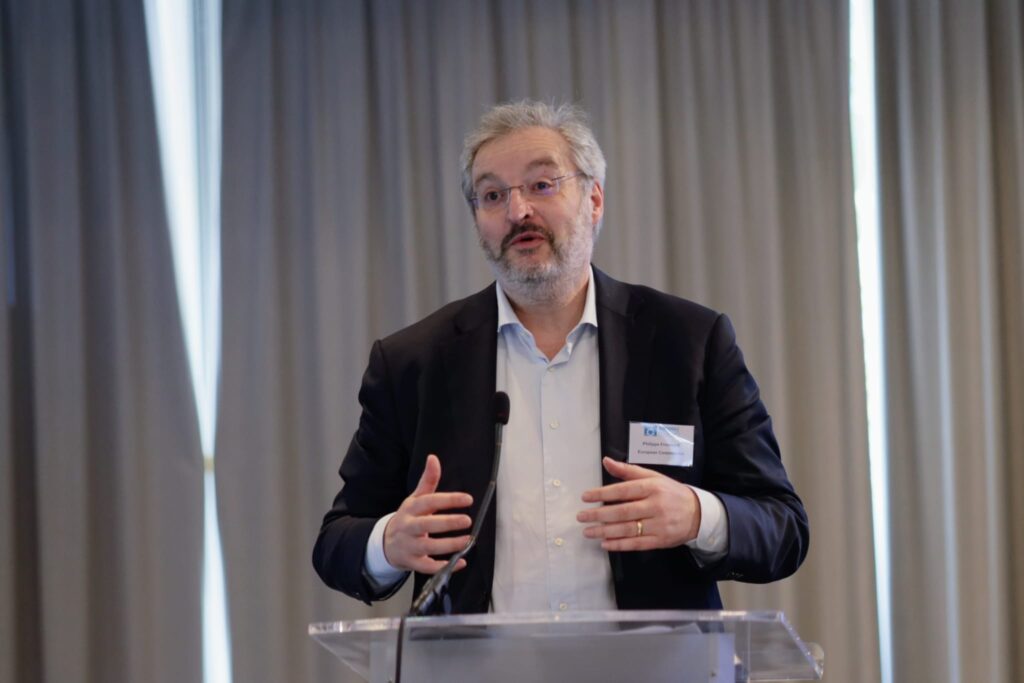
“BATT4EU enables European leadership in the battery industry across the value chain, creating economic growth and quality jobs in a circular economy. Only a partnership, a long-lasting and coordinated effort involving industry, research and the public sector, can live up to the challenge and bring predictability to the European battery value chain stakeholders.”
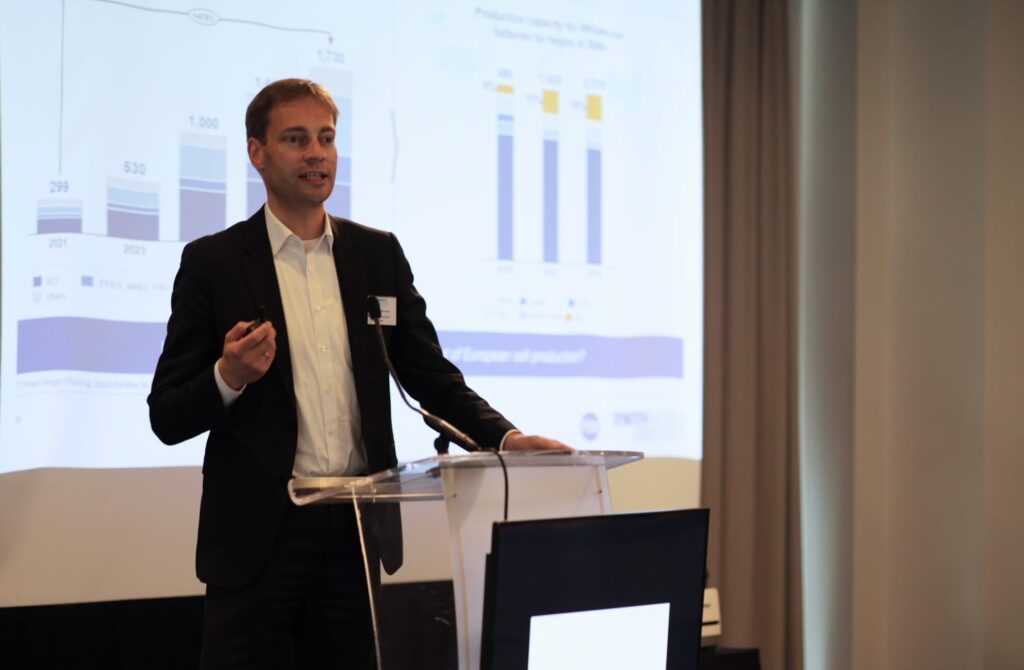 Heiner Hans Heimes, Executive Chief Engineer, PEM, RWTH Aachen University, said: “Europe is becoming a hotspot for battery cell production – production capacities for lithium-ion battery cells will increase significantly over the next few years. Supply chains should be made robust. New battery technologies and cell generations will change the scope of raw materials needed.”
Heiner Hans Heimes, Executive Chief Engineer, PEM, RWTH Aachen University, said: “Europe is becoming a hotspot for battery cell production – production capacities for lithium-ion battery cells will increase significantly over the next few years. Supply chains should be made robust. New battery technologies and cell generations will change the scope of raw materials needed.”
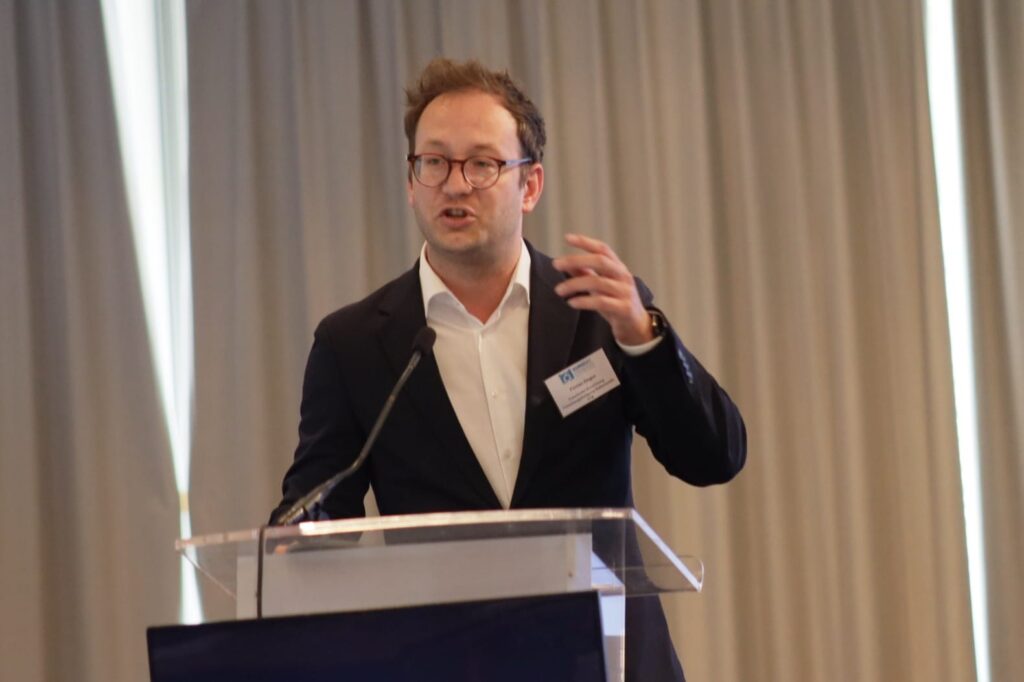
Florian Degen, Division Director 'Strategy and Corporate Development', Fraunhofer-Einrichtung Batteriezelle FFB, said: “The Fraunhofer Research Institution for Battery Cell Production aims to develop innovations and knowledge for efficient and sustainable battery cell production.”
The next EUROBAT Forum will take place in Madrid, on 7 June 2023.
Download the press release here
EUROBAT is the leading association for European automotive and industrial battery manufacturers, covering all battery technologies, and has more than 50 members. The members and staff work with all policymakers, industry stakeholders, NGOs and media to highlight the important role batteries play for decarbonised mobility and energy systems as well as all other numerous applications